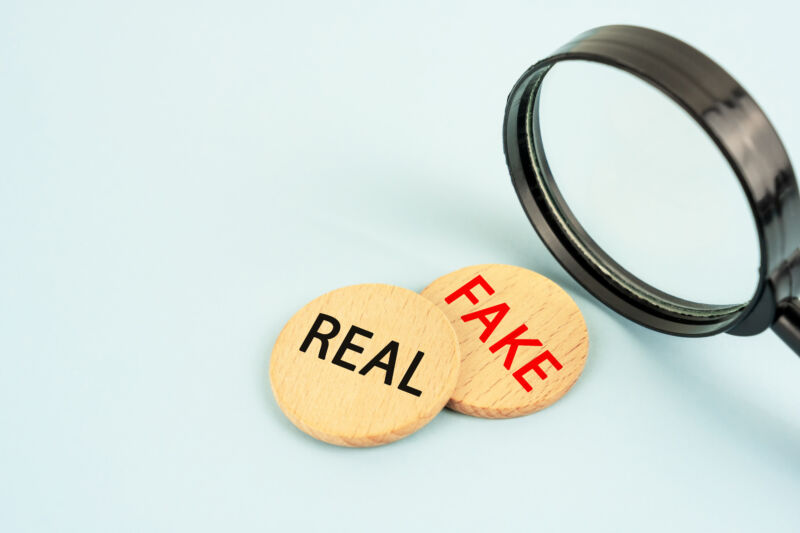
Anybody can do a easy experiment. Navigate to a search engine that provides prompt completions for what you sort, and begin typing “scientists imagine.” After I did it, I obtained ideas in regards to the origin of whales, the evolution of animals, the foundation reason behind narcolepsy, and extra. The search outcomes contained an extended record of matters, like “How scientists imagine the lack of Arctic sea ice will influence US climate patterns” or “Scientists imagine Moon is 40 million years older than first thought.”
What do these all have in frequent? They’re deceptive, a minimum of when it comes to how most individuals perceive the phrase “imagine.” In all these examples, scientists have grow to be satisfied by way of compelling proof; these are extra than simply hunches or emotional compulsions. Provided that distinction, utilizing “imagine” is not actually an correct description. But all these examples come from looking out Google Information, and so are prone to come from journalistic shops that care about accuracy.
Does the distinction matter? A current research means that it does. Individuals who have been proven headlines that used subjective verbs like “imagine” tended to view the difficulty being described as a matter of opinion—even when that challenge was solidly grounded in reality.
Reality vs. opinion
The brand new work was accomplished by three researchers at Stanford College: Aaron Chueya, Yiwei Luob, and Ellen Markman. “Media consumption is central to how we kind, preserve, and unfold beliefs within the trendy world,” they write. “Furthermore, how content material is introduced could also be as necessary because the content material itself.” The presentation they’re inquisitive about includes what they time period “epistemic verbs,” or those who convey details about our certainty concerning data. To place that in concrete phrases, “’Know’ presents [a statement] as a truth by presupposing that it’s true, ‘imagine’ doesn’t,” they argue.
So, whereas it is correct to say, “Scientists know the Earth is warming, and that warming is pushed by human exercise,” changing “know” with “imagine” presents an inaccurate image of the state of our information. But, as famous above, “scientists imagine” is closely used within the in style press. Chueya, Luob, and Markman determined to see whether or not this makes a distinction.
They have been inquisitive about two associated questions. One is whether or not the usage of verbs like imagine and assume influences how readers view whether or not the ideas they’re related to are subjective points reasonably than goal, factual ones. The second is whether or not utilizing that phrasing undercuts the readers’ willingness to just accept one thing as a truth.
To reply these questions, the researchers used a subject-recruiting service known as Prolific to recruit over 2,700 members who took half in quite a few particular person experiments centered on these points. In every experiment, members got a sequence of headlines and requested about what inferences they drew in regards to the data introduced in them.

